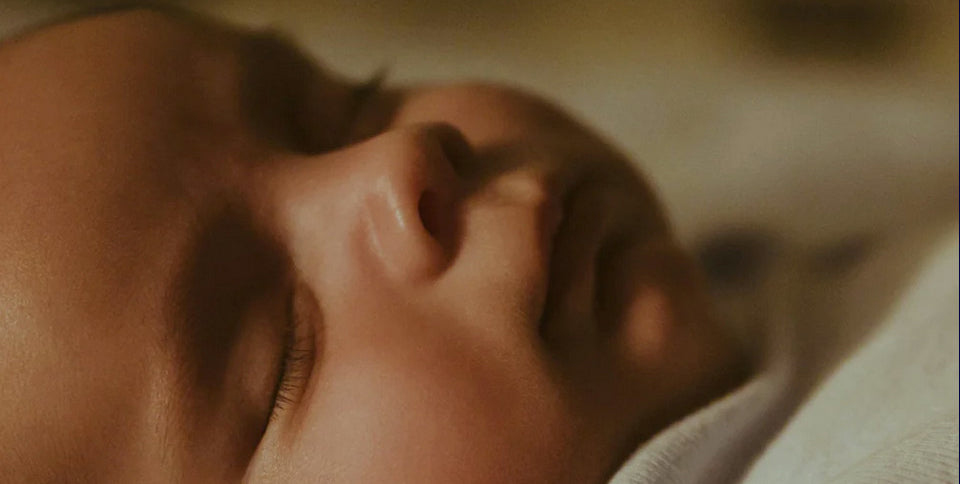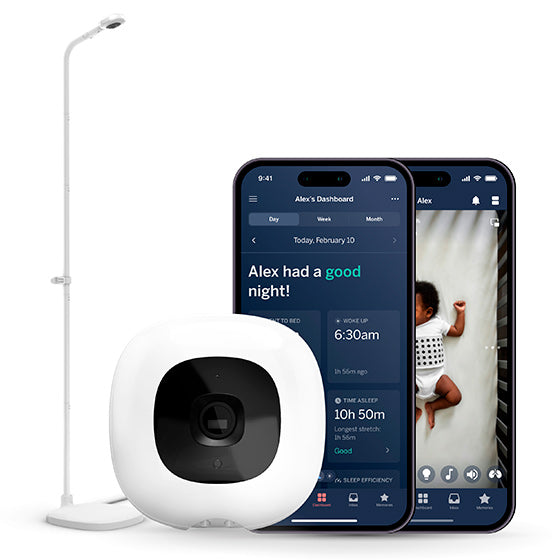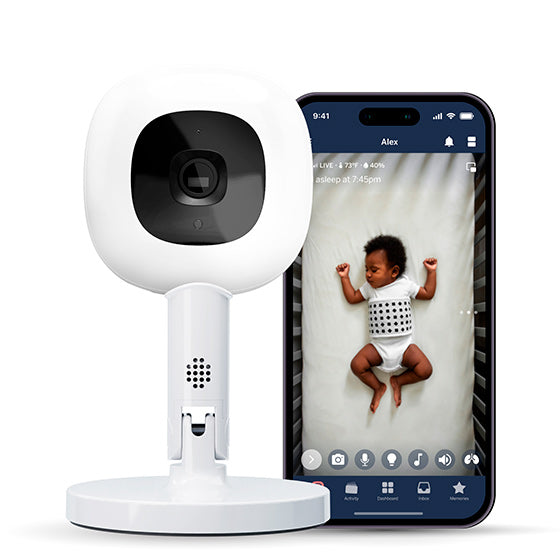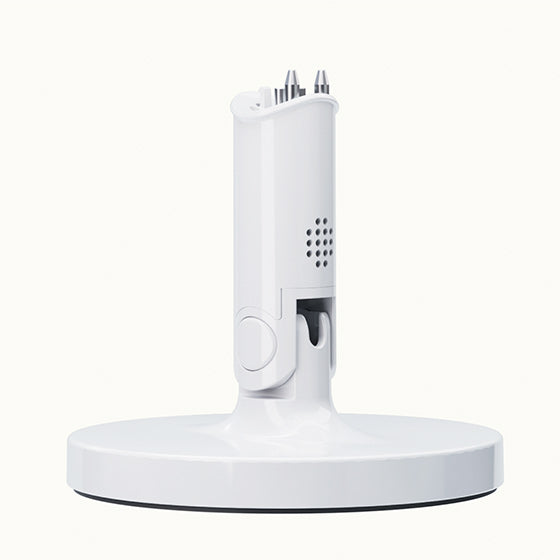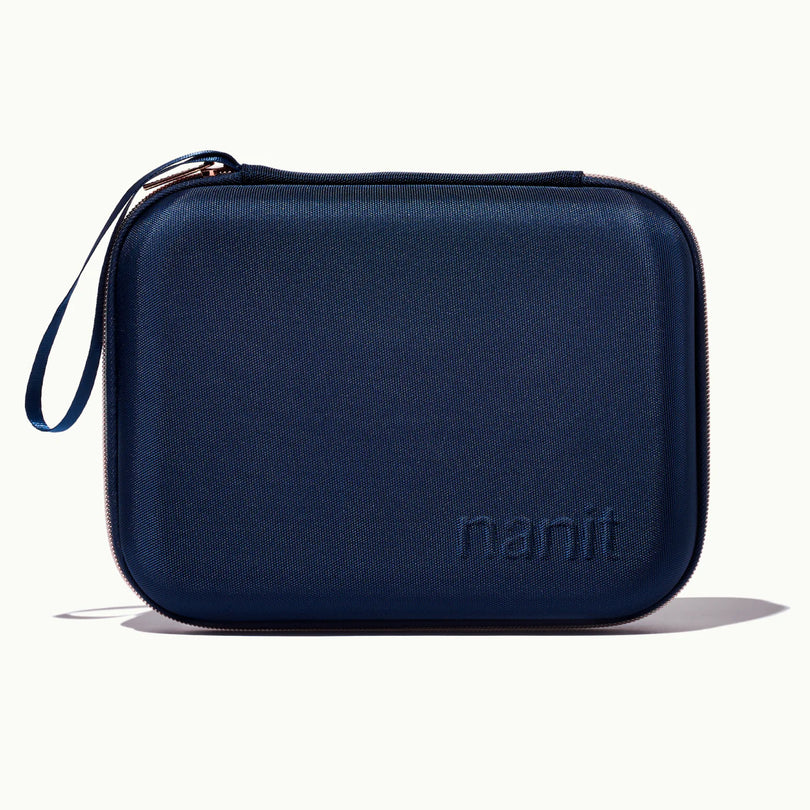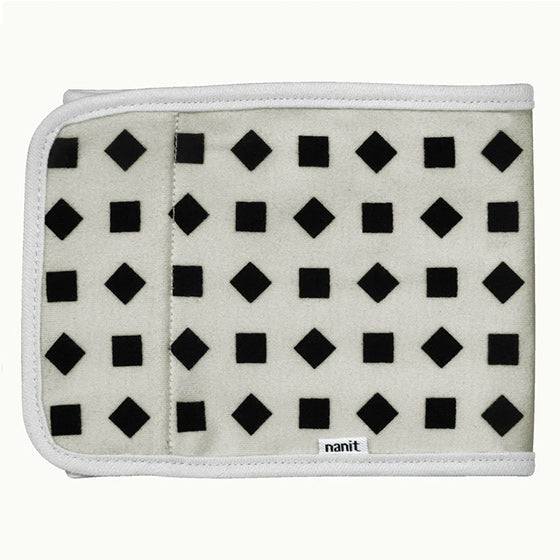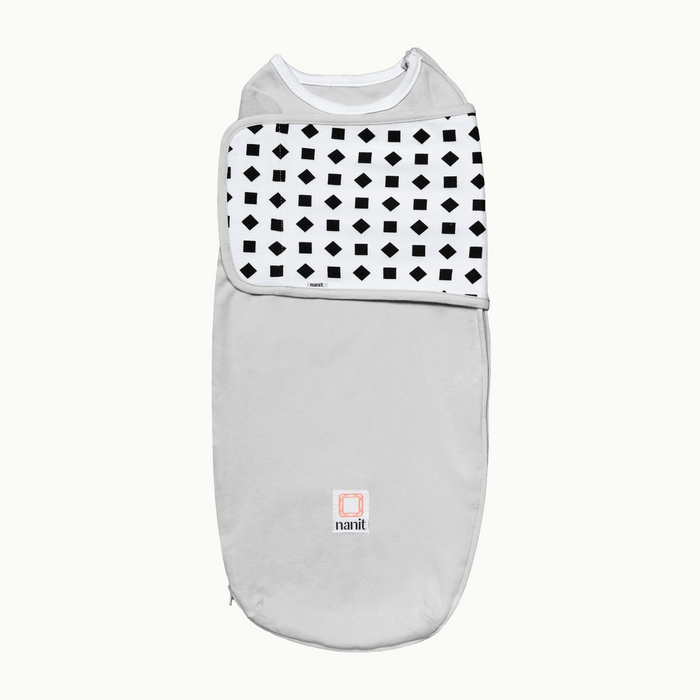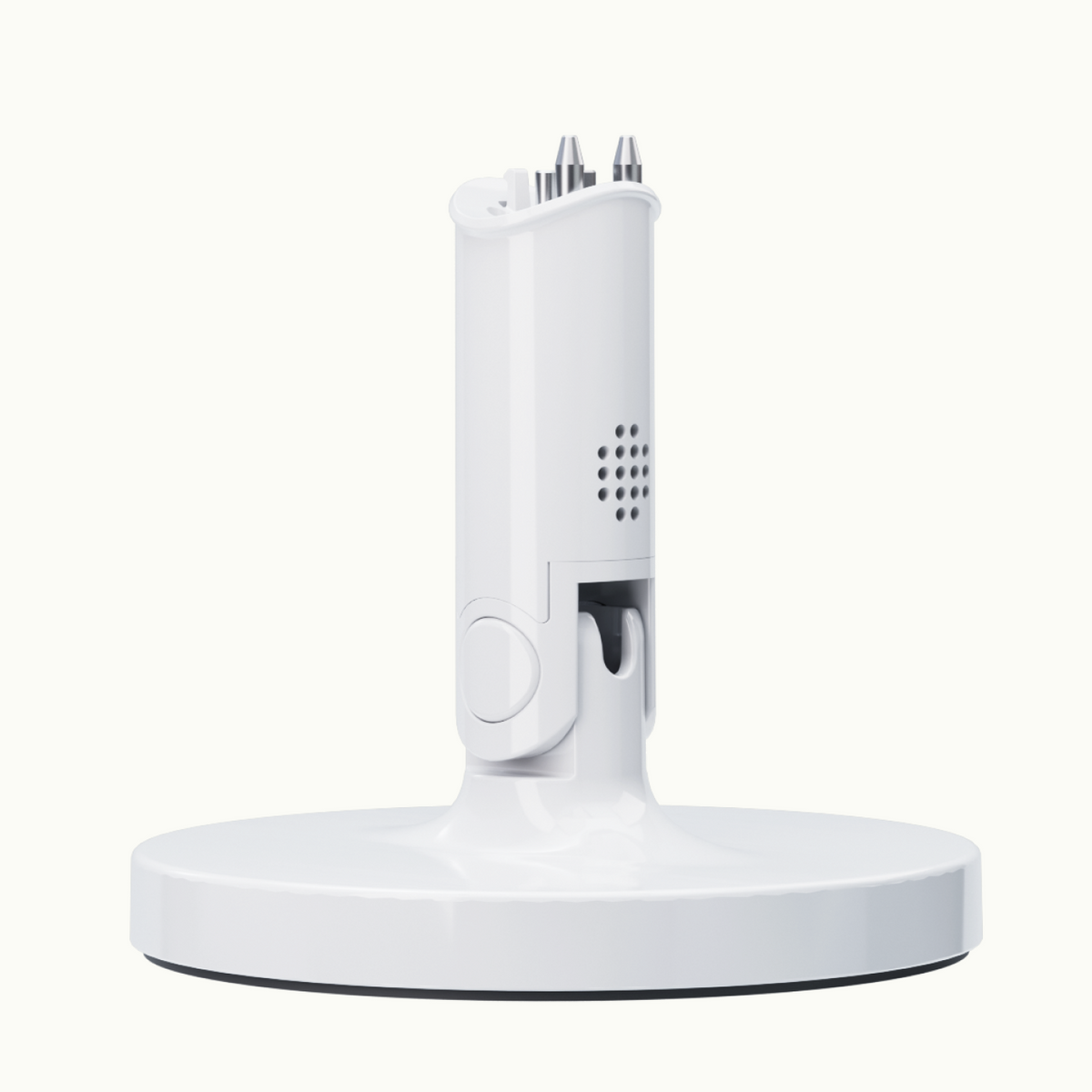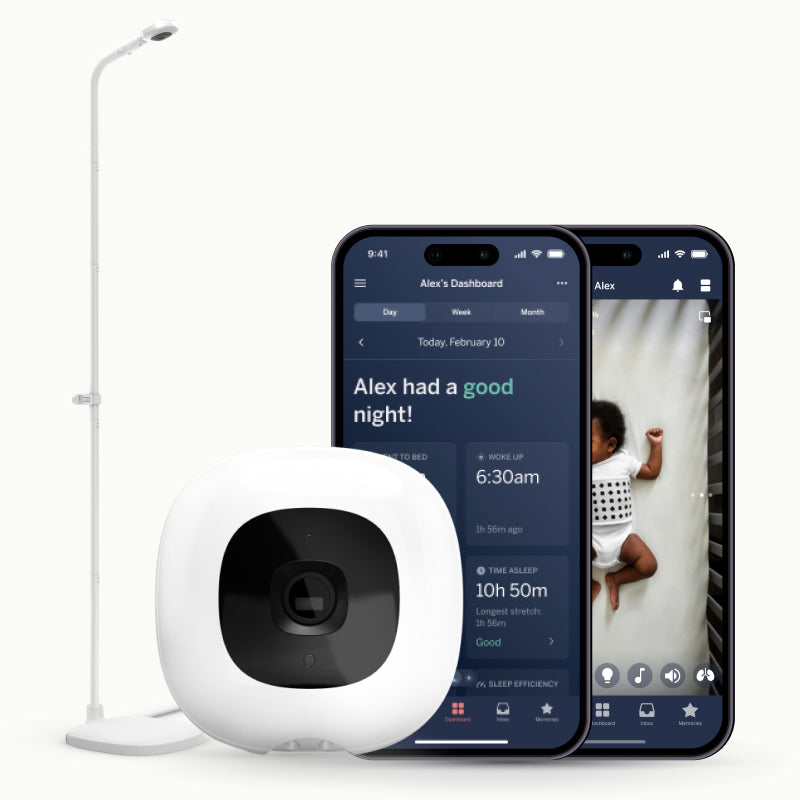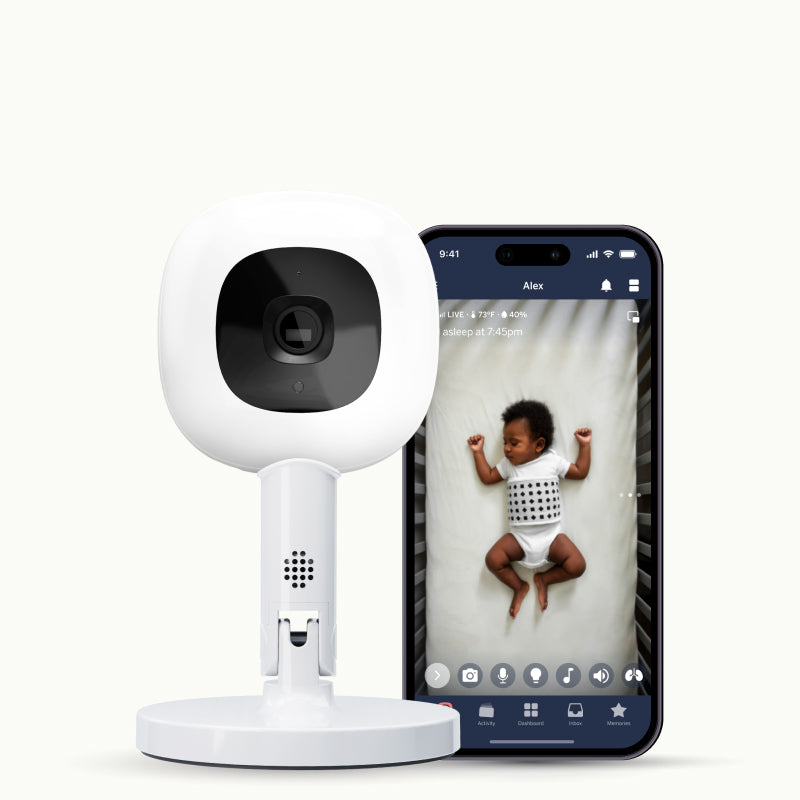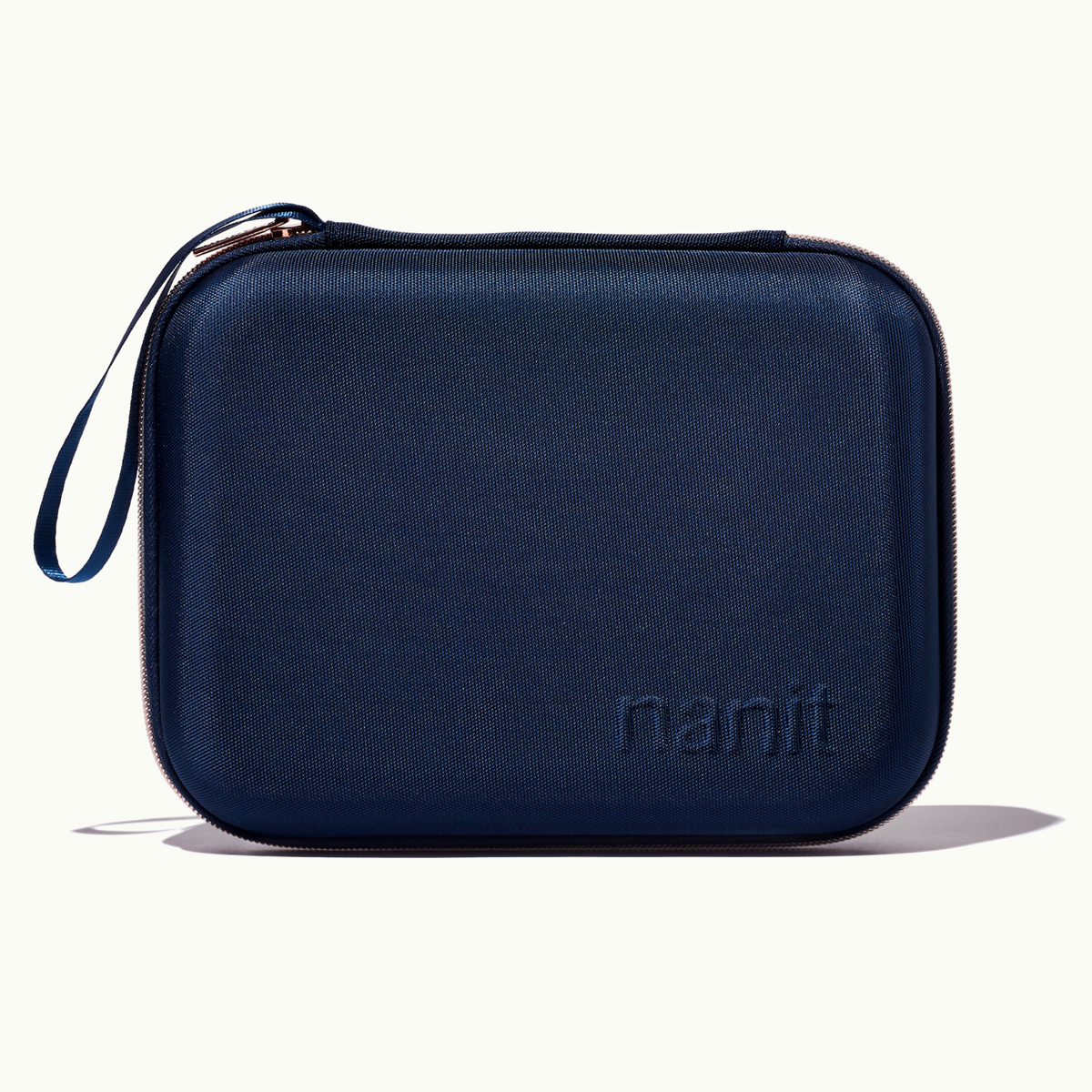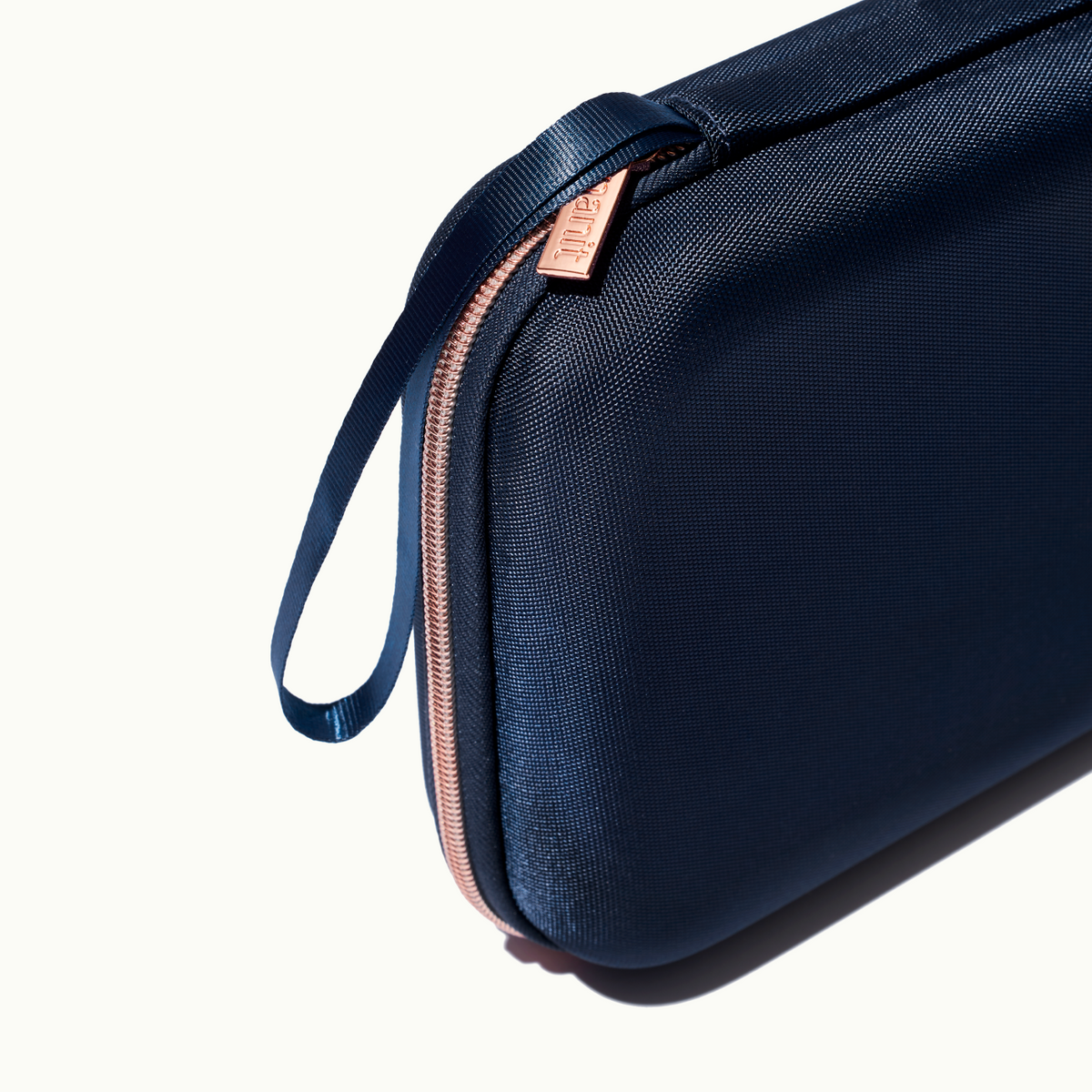Michal Kahn, Natalie Barnett, Assaf Glazer, Michael Gradisar
Presented at the 1st WINK Sleep Conference: The NEXT GENERATION 2021
Abstract
Objectives
To assess parents' experiences in implementing infant behavioral sleep interventions (BSIS) in a real-world setting, and whether BSIS are linked with objective infant sleep and parent- reported well-being.
Methods
Parents of 4,925 infants (47%f), aged 1-20 mo (M=7.9, SD=4.9) completed an online survey reporting use of BSIs, sleepiness, sleep quality, and depressive symptoms. Auto-videosomnography (ie, computer-vision technology) was collected over 14-days to assess infant sleep patterns.
Results
The majority (65%) of parents reported implementing BSIs with their infants. Extinction-based BSIs were implemented for shorter periods of time, were rated as more difficult but more helpful than Parental Presence (all p<0.0001). Infants who underwent Extinction- based methods had longer and more consolidated sleep than those who had not implemented any BSIs, and those who had undergone Parental Presence (33.9 mins and 47.2 mins more sleep, respectively). BSI use was associated with better parental sleep quality, but not parental sleepiness or depressive symptoms.
Implications
Real-world implementation of infant behavioral sleep interventions is highly prevalent, and linked with longer and more consolidated infant nighttime sleep. Future work is warranted to examine the effects of infant age at implementation on sleep outcomes.
About the Researchers
The researchers included Michal Kahn, Natalie Barnett, Assaf Glazer, and Michael Gradisar.

- Dr. Michal Kahn is a sleep researcher and licensed clinical psychologist, specializing in pediatric insomnia and sleep development. She is a senior lecturer (assistant professor) at the School of Psychological Sciences at Tel Aviv University, Israel.
- Dr. Natalie Barnett serves as VP of Clinical Research at Nanit. Natalie initiated sleep research collaborations at Nanit and in her current role, Natalie oversees collaborations with researchers at hospitals and universities around the world who use the Nanit camera to better understand pediatric sleep and leads the internal sleep and development research programs at Nanit. Natalie holds a Ph.D. in Genetics from the University of New England in Australia and a Postgraduate Certificate in Pediatric Sleep Science from the University of Western Australia. Natalie was an Assistant Professor in the Neurogenetics Unit at NYU School of Medicine prior to joining Nanit. Natalie is also the voice of Nanit's science-backed, personalized sleep tips delivered to users throughout their baby's first few years.
- Dr. Michael Gradisar is a Professor and Director and Clinical Psychologist at the Child & Adolescent Sleep Clinic at WINK Sleep in Australia, and the Head of Sleep Science at Sleep Cycle in Sweden. Dr. Gradisar has specialized in the treatment of pediatric sleep problems since 2006. He has provided training to over 420 psychologists throughout Australia on the treatment of pediatric sleep disorders, and published several research studies evaluating the treatment of insomnia and circadian rhythm disorders in children, adolescents and adults. In all, Dr. Gradisar has over 100 publications in peer-reviewed journals, has authored several book chapters, and has presented on sleep-related research and intervention internationally.

